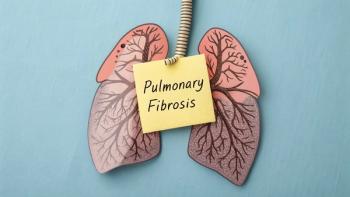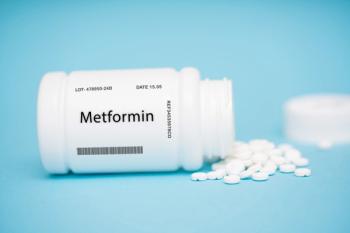
Study Shows Coke Plant Closure Near Pittsburgh Correlates with Decline in Respiratory Visits
A recently published study by researchers at NYU Langone Health revealed that the closure of a source of major fossil fuel pollution in the Pittsburgh area led to immediate improvements in respiratory health, with respiratory-related visits to the emergency room decreasing by 20%.
The
“We got into this because we were informed by people at the Heinz Endowment that this closure had happened and they were interested in learning if any health benefits accrued,” George Thurston, Sc.D., a professor in the Departments of Medicine and Population Health at the NYU Grossman School of Medicine, who served as senior author, told MHE. “I was surprised at how huge the drop was in the short-term, and it kept going down, and the community was healing.” The Grossman School of Medicine is part of Langone Health.
The researchers collected data on respiratory hospitalizations and emergency department visits among residents living in ZIP codes surrounding the Shenango Coke Plant, which was located on Neville Island in the Ohio River, about 10 miles northwest of downtown Pittsburgh. The plant closed in 2016. To assess both immediate and long-term changes in respiratory health outcomes, Thurston and his colleagues used an interrupted time series model, comparing the results with external control sites and internal control outcomes.
The study period encompassed the three years before and three years after the Shenango plant’s shutdown date. Three study sites were Avalon, an area adjacent to the Shenango plant; Clairton, Pennsylvania, the exposed positive control that is adjacent to the still-operating Clairton Coke Works and upwind of Shenango plant pollution so unlikely to be affected by the closure of. the Shenango plant; and Johnstown, Pennsylvania, the unexposed negative control that is about 60 miles east of Pittsburgh and has no coking operations nearby.
For each study area, counts of visits and admissions from contiguous ZIP codes were selected to be consolidated and analyzed as a group for health outcome counts over time.
Wuyue Yu, Ph.D., a postdoctoral fellow at NYU Grossman School of Medicine, who served as first author for the study, noted that the findings indicated that within just a few weeks of the plant’s shutdown in January 2016, emergency visits related to respiratory issues dropped by approximately 20%. Pediatric asthma visits decreased by 41% in the first month and continued to decline by about 4% each month throughout the study period. “By monitoring health outcomes before and after the closure of the plant, we were able to isolate the impact of decreased air pollution and demonstrate that cleaner air leads to a reduction in respiratory emergency visits and hospitalizations,” Yu told MHE. “The significant declines in respiratory health were much larger than anticipated based on previous studies of general air pollution in the U.S., suggesting that emissions from fossil fuel-related sources are particularly harmful.”
As the years went by, Thurston noted that fewer children were getting asthma, results that lined up with previous studies done on air pollution.
“The lesson is we need to clean up these plants,” he said. “They have to start doing better.”
The researchers are now looking at the
Newsletter
Get the latest industry news, event updates, and more from Managed healthcare Executive.























